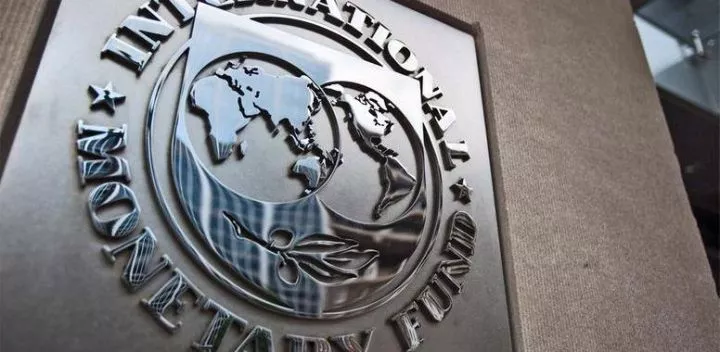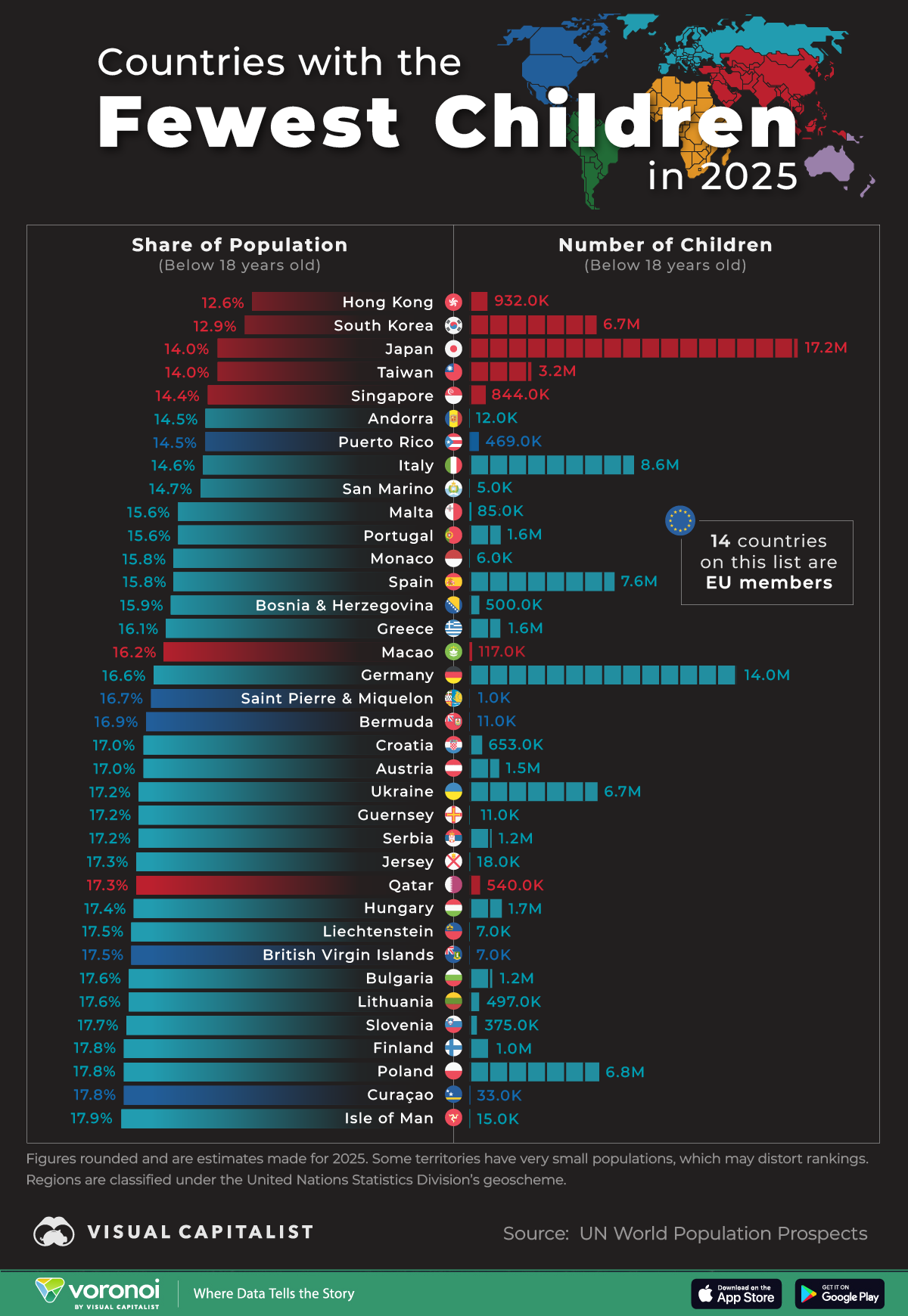![10 African countries with the lightest debt burden in 2024[shutterstock] 10 African countries with the lightest debt burden in 2024[shutterstock]](https://static.netnaija.com/i/voKd6RqAarx.webp)
Although foreign loans can serve as a valuable tool for financing growth and bridging immediate financial shortfalls, the unregulated accumulation of debt, especially in African countries, often fosters economic instability and hampers sustainable long-term development. Regrettably, this scenario has become all too common across numerous African nations, where debt repayment has evolved into a daunting economic challenge for certain governments on the continent.
While many African countries are managing troubling debts, some countries have managed to keep their debt burdens to a minimum.
While the size of a country's debt can in and of itself provide cause for concern, the most important metric in this regard is the debt's ratio to its GDP. When debt almost equals GDP, the country faces an economic disaster.
However, a country that earns far more than it owes not only demonstrates sustainability but also boosts investor confidence, resulting in minimal fear or economic issues when it comes to debt repayment.
African countries with lower debt levels are better positioned to weather external shocks and economic downturns, as they have greater financial buffers and resilience.
These countries have very little debt burden and don't stand much economic risk concerning allocating resources to debt repayment. With lower debt obligations, governments have more room to allocate funds toward critical social services, infrastructure development, and investments in human capital.
With that said, here are the African countries with the lightest debt burden in 2024 according to the International Monetary Fund.
| 1. | Equatorial Guinea | 8.23 |
| 2. | Botswana | 9.13 |
| 3. | Chad | 13.07 |
| 4. | Ethiopia | 13.89 |
| 5. | Democratic Republic of Congo | 16.82 |
| 6. | Namibia | 17.21 |
| 7. | Mauritius | 17.47 |
| 8. | Nigeria | 18.00 |
| 9. | Guinea | 18.08 |
| 10. | Zimbabwe | 20.28 |

















Comments